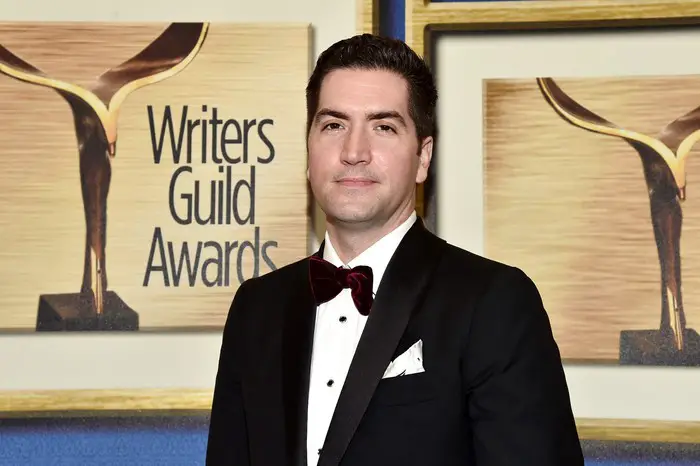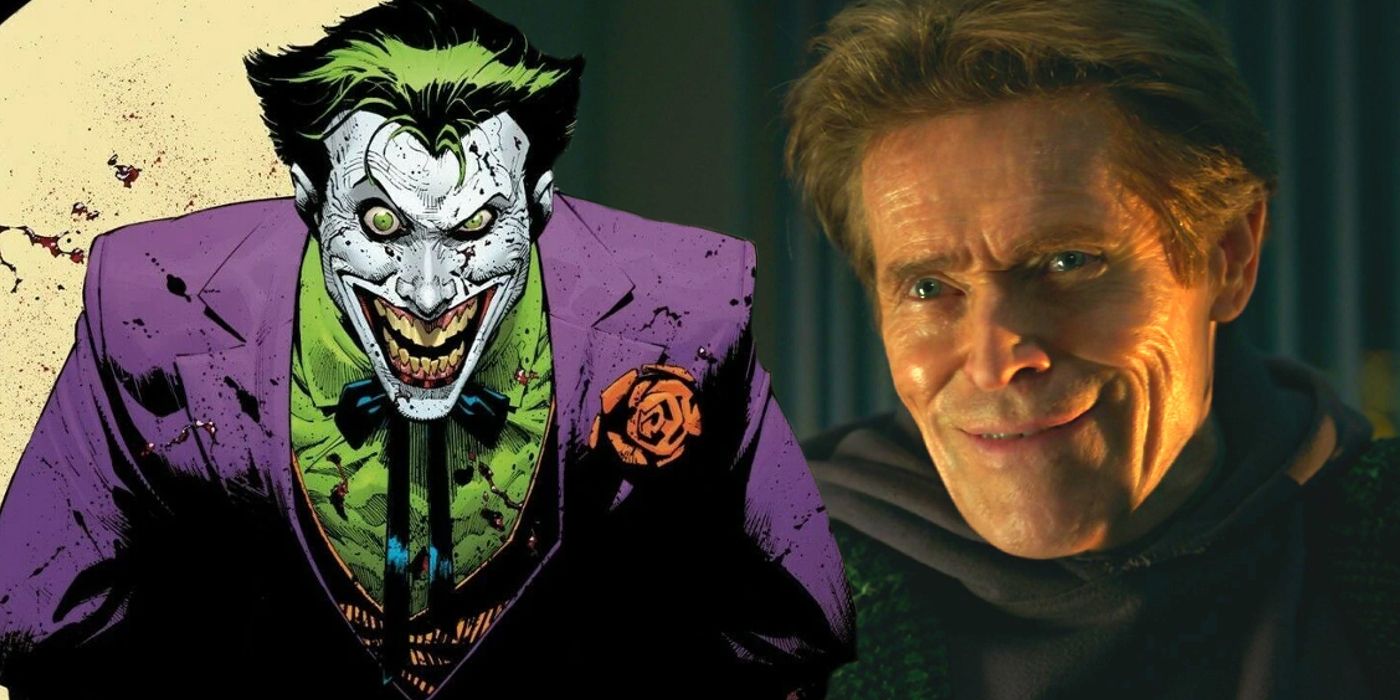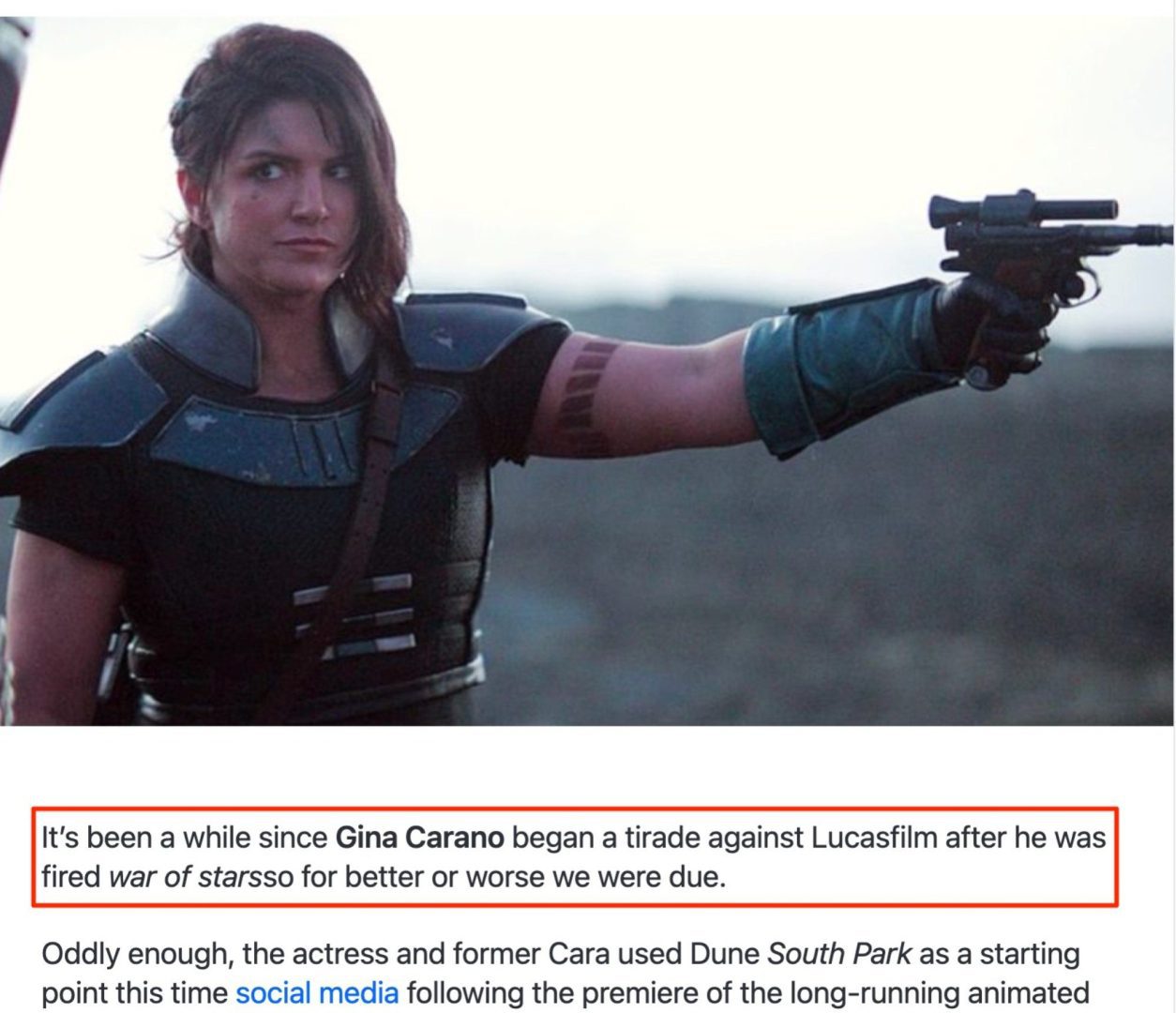Can you have The Matrix without the Wachowski sisters? Probably not
Followed by The Matrix Reloaded and The Matrix Revolutions, a wonderful and original trilogy was created by the Wachowski sisters, telling the story of Neo, Trinity, Morpheus and countless other characters, while also providing a deeply personal message of the from the sisters themselves. Then, in 2021, we returned to the saga with Lana Wachowski’s […]

Followed by The Matrix Reloaded and The Matrix Revolutions, a wonderful and original trilogy was created by the Wachowski sisters, telling the story of Neo, Trinity, Morpheus and countless other characters, while also providing a deeply personal message of the from the sisters themselves.
Then, in 2021, we returned to the saga with Lana Wachowski’s underrated The Matrix Resurrections, which at the time felt like a delicious icing on the cake, while simultaneously providing scathing commentary on legacy sequels and Nostalgic money grabs.
So when it was announced on April 3, 2024 that a fifth Matrix film was in the works, with Lana Wachowski attached as executive producer only, a role that might carry some weight but might just as easily mean absolutely nothing within the Warner Bros. structure. , you’d be forgiven for rolling your eyes and being afraid of what’s next.
More like this
Because what would Matrix be without the Wachowski sisters at the helm, or even without just one of them in the lead, as was the case with Resurrections?
There are few intellectual properties that possess such an inherent and symbiotic relationship with their creators as The Matrix franchise.
Not just because of the originality of the story in the films themselves. Not just for the action sequences they created that became the benchmark for cinema in the future. But for the deeply personal nature of the broader theme The Matrix addresses.
The Matrix is, in part, an allegory for the transgender experience. Both Wachowski sisters are trans women, the Red Pill has been compared to estrogen pills, and Morpheus’ description of the Matrix itself – “a splinter in your mind” – the feeling that there is something that is wrong with the world you find yourself in, has been compared to the experience of gender dysphoria.
All of this is evidence presented in the film, and Lana and Lilly Wachowski have stated numerous times in subsequent years that the writing of The Matrix was intended as a metaphor for their experience as closeted trans women.
Losing that perspective is like losing an integral part of the film itself, and yet that’s exactly the decision Warner Bros. made with the announced fifth installment of The Matrix.

The as-yet-untitled project will be written and directed by Drew Goddard, creator of the hit Netflix series Daredevil, director of the cult classic Cabin in the Woods and screenwriter of films such as The Martian and World War Z.
His resume speaks for itself, being part of projects with interesting stories, excellent action sequences, and big, sweeping themes to tackle. None of this detracts from Goddard as a filmmaker.
But moving forward with someone like Goddard at the helm of this project, without Lilly or Lana Wachowski, seems… wrong.
This runs the risk of turning something as vital as trans storytelling into a triviality, just another run-of-the-mill franchise in the Hollywood landscape.
Goddard even used the word “stories” in the World Bank press release. Are we in line for a Matrix cinematic universe? Is this really a path we should take? The answer is a resounding no.
However, beyond the seriousness of transness within The Matrix, there is also some pretty incredible irony in this new project given where the story of Matrix Resurrections has taken us in 2021. Lana Wachowski has created a film that has provided a sort of coda to the original. trilogy, but also expressed his own feelings about the legacy sequels in a surprisingly clear way.
From the meta-analysis of The Merovingian, affirming that “originality mattered”, to the back and forth between Neo and Smith by Jonathan Groff in which the latter goes so far as to utter the sentence: “Things have changed, the market is difficult, I’m sure you I can understand why our beloved parent company, Warner Bros, decided to make a sequel to the trilogy…they informed me that they would do it with or without us.
Even though this all seems very complicated to you and me, it seems that Warner Bros was not in on this. We know almost nothing about the franchise’s fifth installment, aside from Goddard’s involvement and Wachowski’s absence in the director’s chair or writers’ room.
Maybe our fears will be allayed and the film will be a success, taking the proverbial baton from the Wachowski sisters and continuing to propel the franchise to new heights. But then again, that may not be the case, and all that has achieved is the diminishment of one of cinema’s most transcendent stories.
Check out more of our movie coverage or visit our TV guide and streaming guide to find out what’s on.
Try Radio Times magazine today and get 10 issues for just £10 – subscribe now. To hear more about TV’s biggest stars, listen to The Radio Times podcast.














